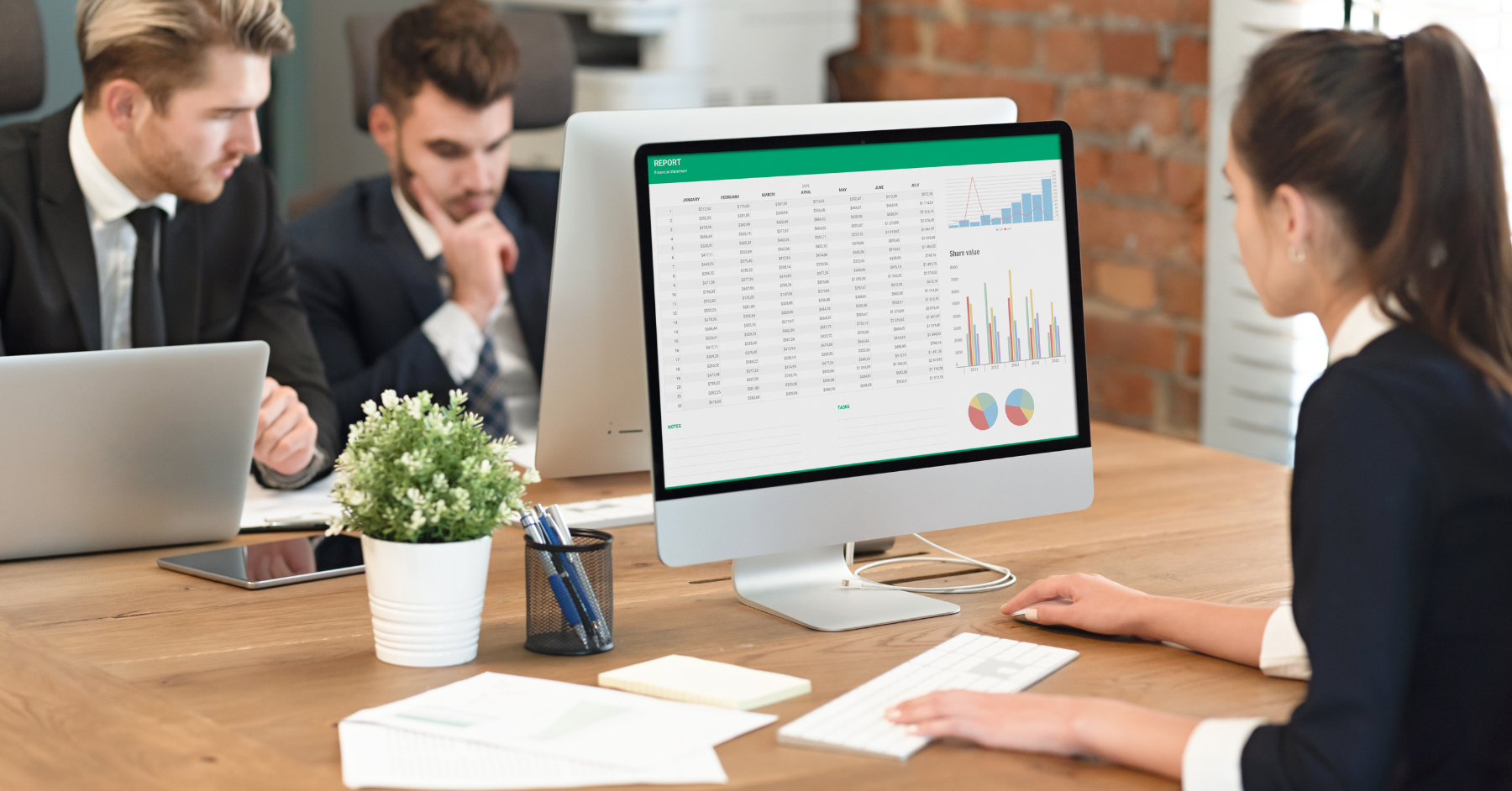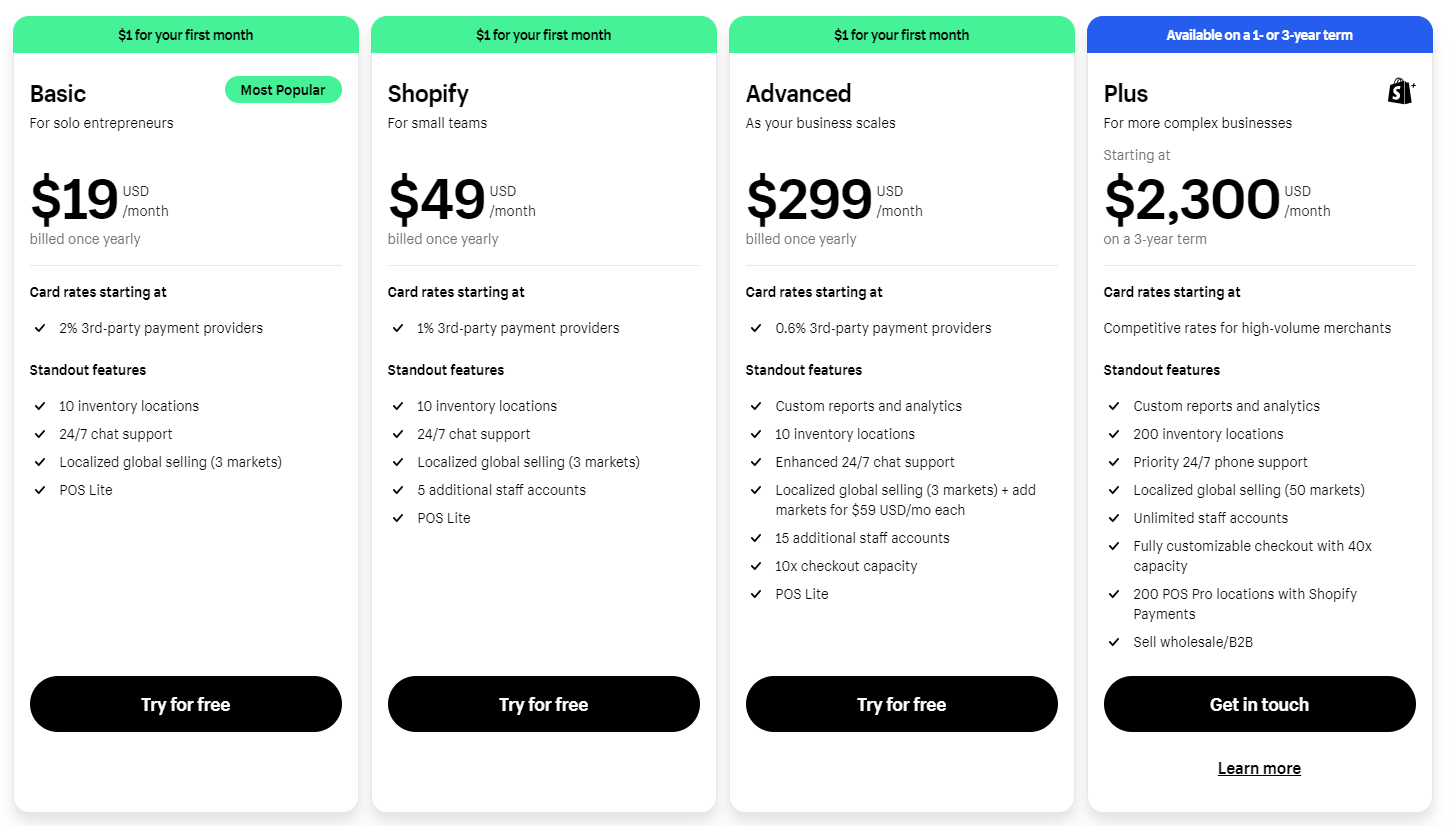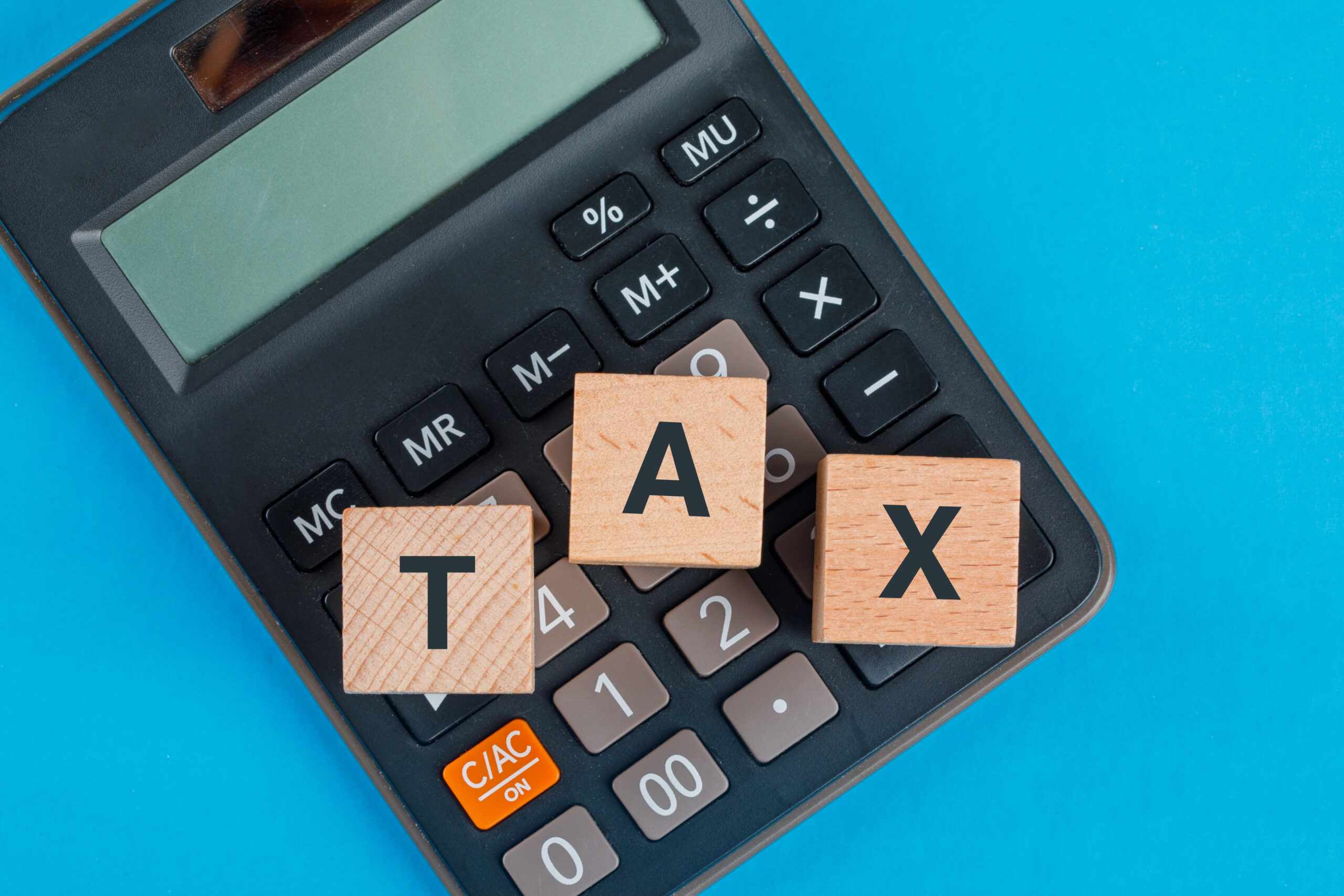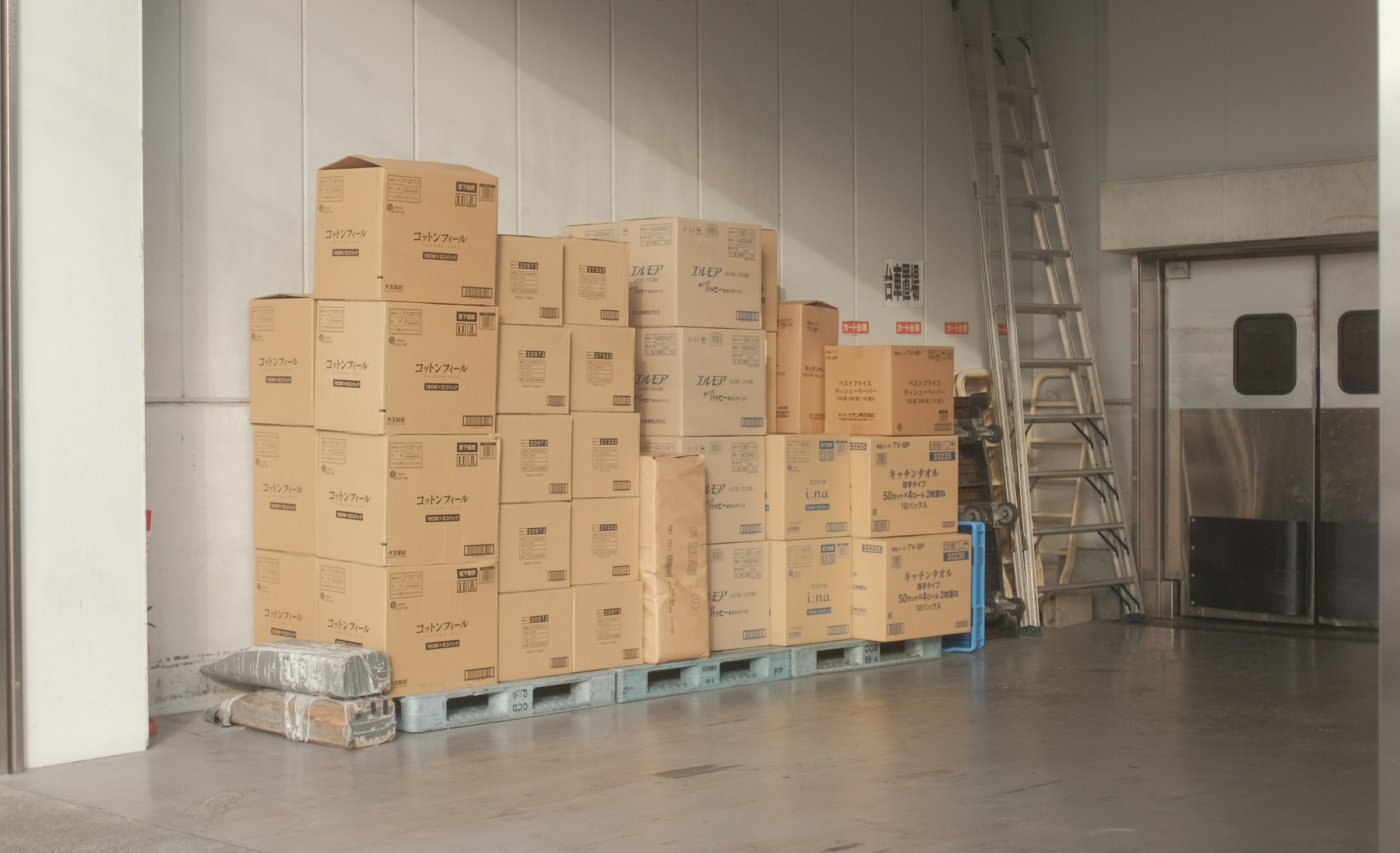
When sourcing from Alibaba to Amazon FBA, you need to know a few things to be successful. In this post, we’ll outline our recommendations for navigating the Alibaba platform. This way, we hope to equip you with the basics for setting up profitable relationships with suppliers.
Understanding Alibaba
What is Alibaba and how does it work?
Alibaba isn’t an online store like Amazon where you directly buy products. Instead, it’s a global online marketplace where businesses, primarily wholesalers and manufacturers, can set up shop. Alibaba connects these businesses with international buyers, often retailers and resellers, including Amazon store owners. Here’s a breakdown of how it works:
Overall, Alibaba is a powerful tool for businesses looking to source products in bulk at competitive wholesale prices. However, it’s important to understand its functionalities and limitations. Sellers, mostly from Asia, list their products on the platform in bulk quantities at wholesale prices. Business buyers who intend to buy products in bulk for resale can contact them there. Buyers include retailers, resellers, wholesalers, and even drop shippers.
The key functionalities of Alibaba are product sourcing and logistics support. Buyers can search for a vast variety of products across many categories from various suppliers. While Alibaba doesn’t handle fulfillment itself, it can connect buyers with logistics providers for shipping internationally. Alibaba’s part is to offer secure payment options like escrow to protect both buyers and sellers.
When making inquiries and placing orders, buyers can contact sellers directly to negotiate prices, minimum order quantities (MOQs), and other terms. Buyers must also understand that Alibaba sellers are not like retail stores selling individual items. Their MOQs can be hundreds or even thousands of units. This is because they cater to businesses buying in bulk.
Effective communication and negotiation skills are essential when dealing with suppliers on Alibaba. It’s also crucial to carefully research sellers and potentially request samples. This is how you can ensure that the product quality meets your expectations.
The difference between Alibaba and AliExpress
Alibaba and AliExpress are both owned by the Alibaba Group. They serve entirely different purposes, though. Here’s a breakdown of the key differences:
Alibaba targets businesses, specifically wholesalers, manufacturers, retailers, and resellers looking to buy products in bulk quantities at wholesale prices. Alibaba, therefore, acts as a business-to-business (B2B) marketplace, connecting sellers (manufacturers/wholesalers) with bulk buyers. Transactions typically involve negotiation of price, minimum order quantities (MOQs), and other terms. On Alibaba, MOQ requirements are very common, often hundreds or even thousands of units per order.
AliExpress targets individual consumers who want to buy products in smaller quantities at retail prices. It functions as a business-to-consumer (B2C) marketplace, similar to Amazon or eBay. Sellers offer products at fixed retail prices, and buyers can purchase individual items or small quantities directly. AliExpress sellers do not typically require any minimum order quantities. Buyers can purchase single items or small quantities as needed.
Alibaba offers a wider variety of products for sale in bulk, often directly from manufacturers. This is the ideal platform for sourcing new products or private label goods. This platform requires more effort in research, negotiation, and potentially managing logistics, though. Alibaba offers secure payment options like escrow, but the specific terms are negotiated between buyer and seller.
AliExpress offers a broader selection of consumer goods, often produced by smaller factories or distributors. It focuses on trendy or fast-moving products and offers a convenient shopping experience similar to other retail platforms. AliExpress provides similar secure payment options like credit cards and buyer protection programs. It’s more suitable for individual buyers seeking competitive prices on smaller quantities of consumer goods.

Setting up an Alibaba Buyer account
Go to the Alibaba website and click “Sign up” in the top right corner. Type in the requested information, including the account type. To sell from Alibaba to Amazon FBA, you need to get a Buyer account. Register your account using your business email address. Make sure that your company information is accurate because Alibaba may want to verify it.
Going through the business verification step is also crucial for building trust with potential suppliers. Alibaba offers two levels of verification. Basic Verification involves a basic check of your business registration documents. Gold Supplier Verification is a more thorough verification process. It includes financial checks and possible on-site inspections. While not mandatory, having a Gold Supplier Verification badge can significantly enhance your credibility with suppliers.
Once your account is set up, you can browse millions of products across various categories. Use filters and search functionalities to narrow down your search and find products that meet your needs.
Additional tips for using Alibaba
Research suppliers thoroughly before committing. Check their ratings, reviews, and transaction history on Alibaba. Consider requesting product samples, especially for larger orders, to ensure quality meets your expectations. Understand Incoterms, or International Commercial Terms, which define the responsibilities of buyers and sellers in international trade transactions. Familiarize yourself with common Incoterms to avoid misunderstandings regarding shipping costs and responsibilities. Consider using a buying agent for complex transactions or if you’re new to importing. Using a reputable buying agent can simplify the process and provide valuable guidance.
When you find a product you’re interested in, you can contact the supplier directly through Alibaba’s messaging system. There, you can discuss details like pricing, minimum order quantities (MOQs), payment terms, and shipping arrangements. Finalize the payment terms and confirm the order details before proceeding.
Finding the Right Suppliers
Tips for identifying reliable suppliers on Alibaba
Always look for verified suppliers to handle Alibaba to Amazon FBA shipments. While this is not a foolproof guarantee, choosing suppliers with a verification badge indicates they’ve undergone some level of vetting. This lends a bit more credibility to the supplier. Check the supplier’s company registration details, too. Look for a valid business registration address. Then, review their profile for customer reviews and feedback from other buyers. Watch out for red flags in negative ones.
Generally, suppliers who have been on Alibaba for a longer period tend to be more established and reliable. However, newer businesses can still be legitimate, so consider this factor along with others. Suppliers who specialize in a particular product category often have deeper knowledge and expertise in that area. This can indicate better product quality and service.
How to communicate effectively with suppliers
Once you open communications with a supplier, pay attention to how they communicate. A professional communication style, prompt responses, and clear information are good signs. Be wary of overly promotional language or pushy tactics. If something feels off during communication with a supplier, it probably is. Don’t be afraid to walk away and continue your search. Developing a good working relationship with a reliable supplier is essential for long-term success. As you watch your back, continue to communicate openly, be clear about your expectations, and negotiate fairly.
Negotiating minimum order quantities (MOQs) and payment
Be mindful of MOQs. While some suppliers might offer lower MOQs for new buyers, extremely low MOQs could be a red flag, especially for high-value products. Always compare pricing across various suppliers for similar products. Unusually low prices can be a sign of poor quality. Especially for larger orders, consider requesting product samples to assess quality before committing to a full purchase. For high-value purchases, consider conducting additional background checks on the supplier through third-party services.
Carefully review payment terms and be wary of upfront payments for large orders before establishing trust. Alibaba offers secure payment options like escrow, so use those for added protection. Look for suppliers who participate in Alibaba’s Trade Assurance program. This program offers some financial protection for buyers in case of quality or delivery issues.
By following these tips and conducting thorough research, you can increase your chances of finding reliable suppliers on Alibaba and avoid potential scams.
Understanding Alibaba to Amazon FBA Requirements
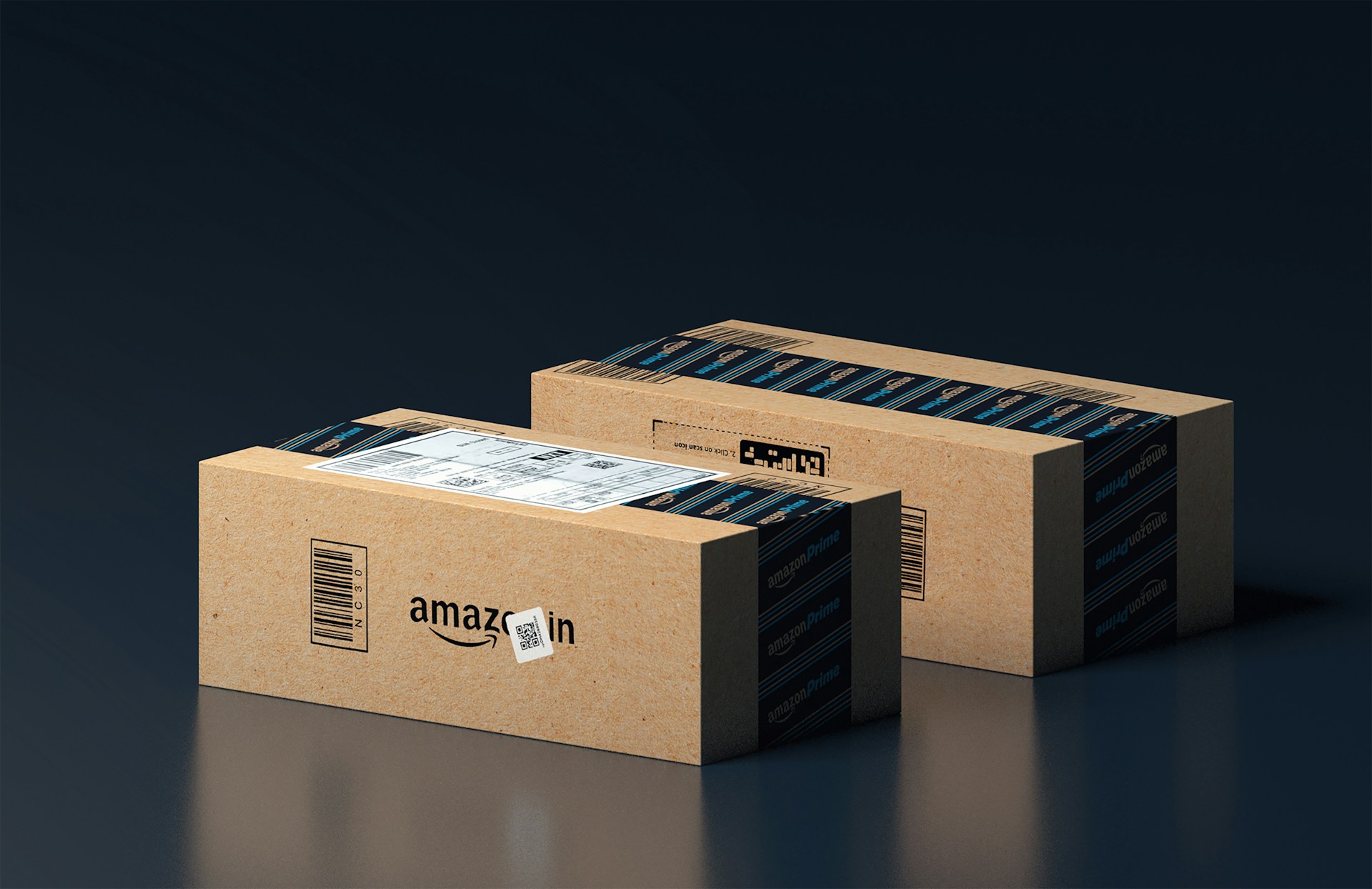
There are no inherent restrictions on selling Alibaba products through Amazon FBA. However, there are several key requirements and considerations to keep in mind.
All products listed on Amazon FBA must comply with their product restrictions. This includes safety regulations, intellectual property considerations, and prohibited product categories. If you plan to resell branded products, ensure you also have the necessary brand authorization to sell them on Amazon. Be cautious of potential trademark or copyright infringements.
Finding reliable Alibaba suppliers with good quality control practices is crucial. You need to minimize the risk of receiving poor-quality products that violate Amazon’s FBA quality standards. Consider conducting your own quality control checks or hiring a third-party inspection service. Especially for larger shipments this will help you to ensure the products meet your standards and Amazon’s FBA guidelines. Do not ship product to Amazon’s warehouses before confirming their quality.
Products shipped to Amazon FBA centers must comply with specific labeling and packaging requirements. These include adherence to Amazon’s FNSKU (Fulfillment Network Stock Keeping Unit) labeling, proper box size and weight limitations, and compliance with any special handling instructions. Ensure that your chosen Alibaba supplier can provide products with the necessary labeling. Otherwise, make sure that product can be relabeled according to Amazon’s FBA guidelines once shipments are received.
If the Alibaba products are coming from overseas, you’ll need to handle the import process, including customs clearance and duty payments. Familiarize yourself with import regulations and consider working with a freight forwarder to streamline this process. You’ll be responsible for arranging the shipment of your products from the supplier to the designated Amazon FBA center.
What Is EcomBalance?

EcomBalance is a monthly bookkeeping service specialized for eCommerce companies selling on Amazon, Shopify, Ebay, Etsy, WooCommerce, & other eCommerce channels.
We take monthly bookkeeping off your plate and deliver you your financial statements by the 15th or 20th of each month.
You’ll have your Profit and Loss Statement, Balance Sheet, and Cash Flow Statement ready for analysis each month so you and your business partners can make better business decisions.
Interested in learning more? Schedule a call with our CEO, Nathan Hirsch.
And here’s some free resources:
- Monthly Finance Meeting Agenda
- 9 Steps to Master Your Ecommerce Bookkeeping Checklist
- The Ultimate Guide on Finding an Ecommerce Virtual Bookkeeping Service
- What Is a Profit and Loss Statement?
- How to Read & Interpret a Cash Flow Statement
- How to Read a Balance Sheet & Truly Understand It
Conclusion
Overall, selling Alibaba products through Amazon FBA can be a viable option. However, careful planning, supplier selection, quality control, and adherence to Amazon’s FBA requirements are crucial for success. Getting products from international suppliers on Alibaba to Amazon FBA doesn’t have to be complex. By following this advice and keeping the additional tips in mind, you can successfully source products on Alibaba.


